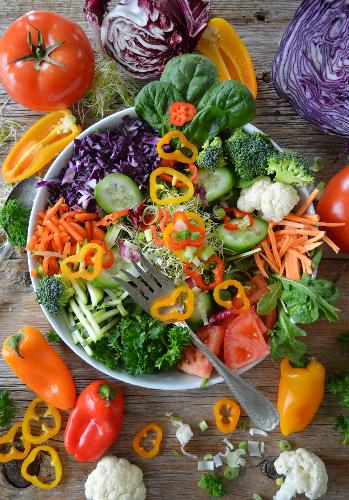Type 2 diabetes is a chronic condition characterized by insulin resistance, reduced function of the pancrease and elevated blood sugar levels. While medication can play a crucial role in managing the condition, adopting a healthy and balanced diet is equally vital. Making the right dietary choices can significantly improve blood sugar control, reduce complications, and enhance overall well-being. In this article, we will explore the relationship between type 2 diabetes and diet, offering practical insights into how dietary changes can be a powerful tool in managing the condition.
Understanding Type 2 Diabetes
Type 2 diabetes occurs when the body becomes resistant to insulin in addition to failing to produce enough insulin to maintain normal blood sugar levels. Insulin is a hormone that regulates glucose uptake by cells, and when this process is impaired, blood sugar levels rise, leading to various health complications. Factors such as genetics, lifestyle, and obesity contribute to the development of type 2 diabetes.
The Role of Diet in Type 2 Diabetes Management
Diet plays a crucial role in managing type 2 diabetes by influencing blood sugar levels, weight, and overall health. Adopting a well-balanced, nutrient-dense diet can lead to better glucose control and improve insulin sensitivity, while also improving your pancreas' ability to release more insulin.Here are some key dietary changes that can positively impact individuals with type 2 diabetes:
Emphasize Complex Carbohydrates: Focus on consuming complex carbohydrates, such as whole grains, legumes, and vegetables, which have a lower impact on blood sugar levels. These foods release glucose more slowly, preventing sudden spikes in blood sugar. Replace refined carbohydrates with whole grains like brown rice, quinoa, and whole wheat.
Control Portion Sizes: Managing portion sizes is crucial for individuals with type 2 diabetes. Consuming smaller, balanced meals throughout the day helps regulate blood sugar levels. It also aids in weight management, as excess weight can exacerbate insulin resistance.
Include Lean Proteins: Incorporate lean protein sources into your diet, such as poultry, fish, tofu, and legumes. Protein helps stabilise blood sugar levels and promotes a feeling of fullness, preventing overeating. Choose lean cuts of meat and opt for plant-based protein options to reduce saturated fat intake.
Prioritise Fibre-Rich Foods: Fibre-rich foods, including fruits, vegetables, and whole grains, play a crucial role in diabetes management. Fiber slows down the digestion and absorption of carbohydrates, preventing rapid increases in blood sugar. Aim for at least 25-30 grams of fiber per day.
In conclusion, managing type 2 diabetes doesn't mean giving up on delicious foods. It's about making informed choices that benefit your health and overall well-being. These top foods are just the beginning of your journey to better diabetes management. If you're looking for more personalised advice and guidance, I'm here to support you every step of the way.
Let's work together to create a tailored plan that fits your lifestyle and health goals. Schedule a complimentary discovery call with me today via this link, and we'll discuss your type 2 diabetes concerns, explore personalised strategies, and set you on a path to success. Improving your diabetes management doesn't mean giving up on delicious foods; it's about making smart choices that benefit your health and overall well-being.

